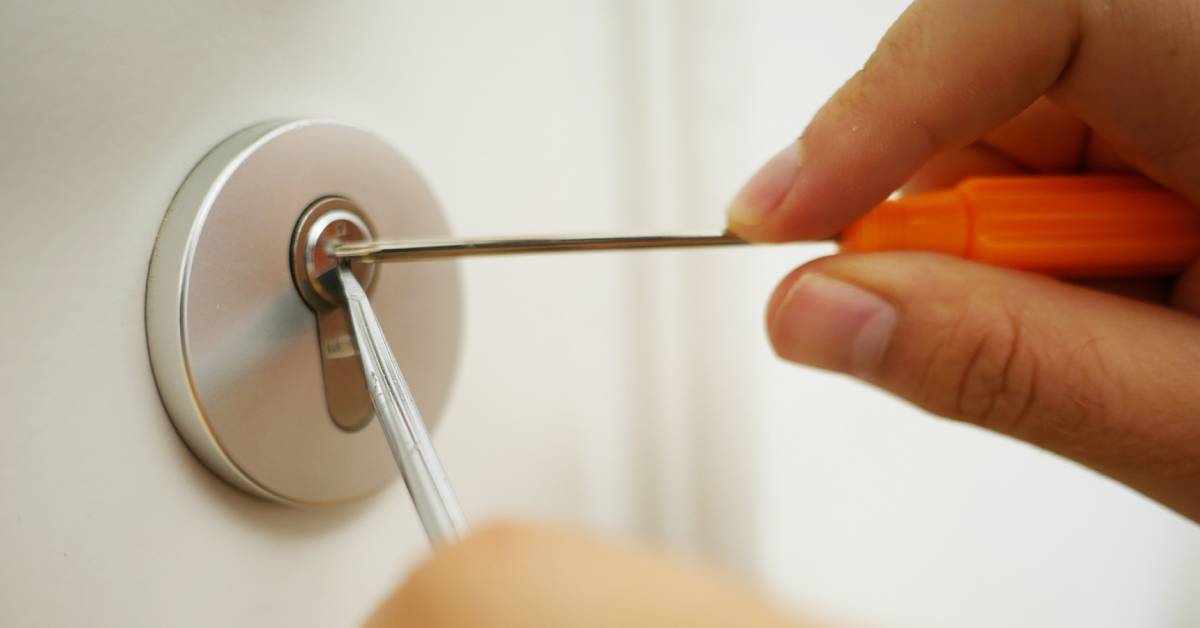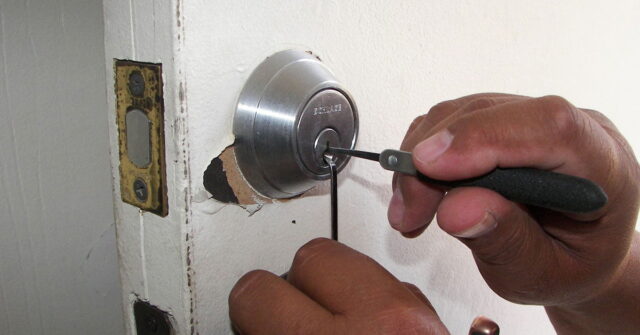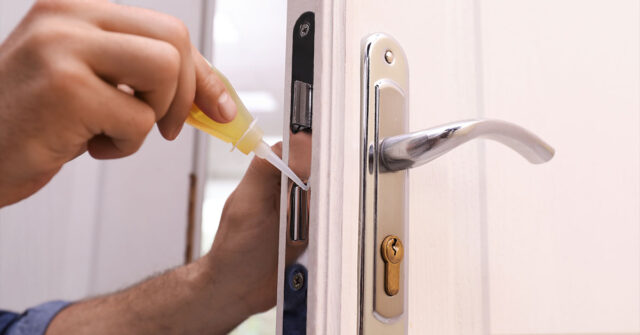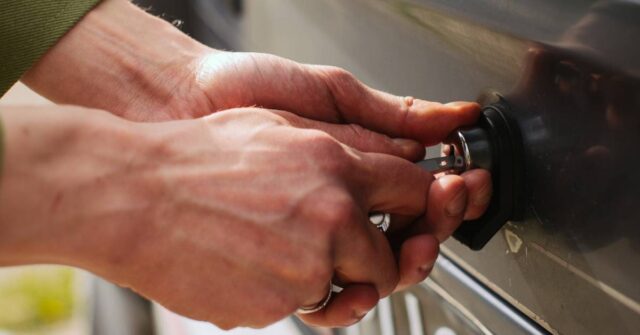Proper maintenance of your door locks is essential to ensure the safety and security of your home or office.
In this comprehensive guide, we will discuss various tips and tricks for maintaining your door locks to extend their lifespan and improve their performance.
From understanding different lock types to addressing common issues, this article has got you covered.
Understanding Different Types of Door Locks
Before diving into the maintenance tips, it’s crucial to understand the different types of door locks available in the market.
Each lock type requires specific care and maintenance methods to ensure optimal performance and longevity.
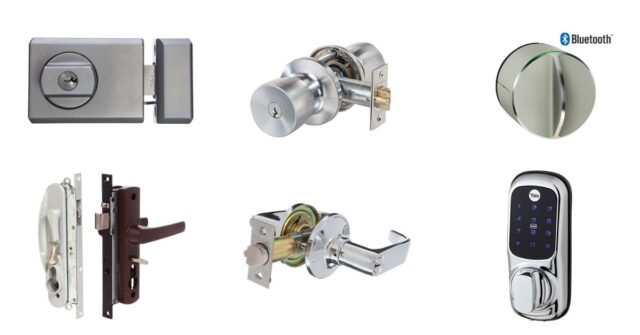
Mechanical Locks
Mechanical locks are the traditional type of locks, which use a key to unlock the door. They come in various designs, such as deadbolts, mortise locks, and knob locks.
These locks are durable and reliable but may require regular cleaning and lubrication for smooth operation.
Electronic Locks
Electronic locks use an electric current to control the locking mechanism. They typically require a passcode, keycard, or biometric input to grant access.
While they have fewer moving parts than mechanical locks, they still require periodic inspection and cleaning.
Smart Locks
Smart locks are the latest innovation in door lock technology. They can be controlled remotely through a smartphone app or a home automation system.
These locks usually have a mix of mechanical and electronic components and require special attention to both hardware and software maintenance.
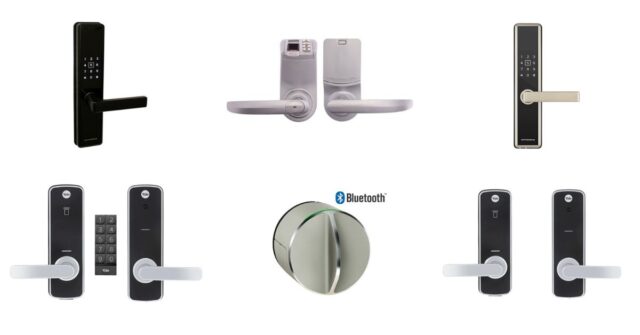
Regular Inspection and Maintenance
Regular inspection and maintenance of your door locks are essential to identify and address any issues before they escalate.
This helps ensure the safety and security of your property and prolongs the lifespan of your locks.
Inspecting for Wear and Tear
Check your locks periodically for signs of wear and tear, such as rust, corrosion, or damaged components. Address any issues immediately to prevent further damage or a potential security breach.
Checking for Loose or Misaligned Components
Loose or misaligned components can cause your lock to malfunction or become difficult to operate. Tighten any loose screws and adjust misaligned parts to ensure the smooth functioning of your lock.
Testing Lock Functionality
Regularly test your lock’s functionality by locking and unlocking it with the key or inputting the required access code.
If you encounter any issues, troubleshoot them promptly to avoid potential lockouts or security vulnerabilities.
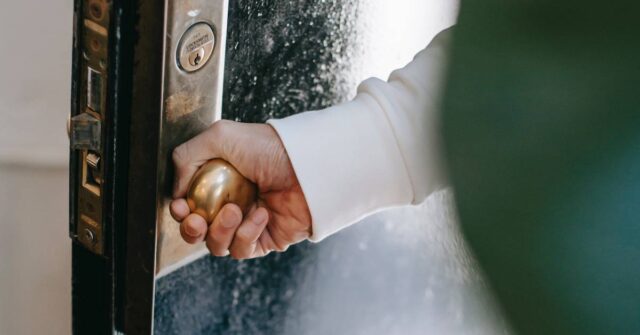
Cleaning and Lubrication
Proper cleaning and lubrication of your door locks are vital to keep them functioning smoothly and prevent premature wear. Follow these tips to maintain your locks effectively.
Cleaning Exterior Lock Components
Wipe down the exterior of your lock with a soft, damp cloth to remove dirt and grime. Avoid using harsh chemicals or abrasive materials that could damage the lock’s finish.
Lubricating Internal Mechanisms
Use a lock-specific lubricant to keep the internal mechanisms of your lock working smoothly. Avoid using oil-based lubricants, as they can attract dust and cause the lock to become sticky over time.
Recommended Cleaning and Lubrication Products
Use products specifically designed for lock maintenance, such as graphite powder, silicone spray, or Teflon-based lubricants.
These products are less likely to cause damage or leave behind residue that could impair the lock’s functionality.
Addressing Common Lock Issues
Door locks may develop issues over time due to various reasons, such as wear and tear, misaligned parts, or environmental factors. Here are some common lock problems and how to address them.
Stuck or Jammed Locks
If your lock is stuck or jammed, try using a graphite-based lubricant to loosen it up. Avoid forcing the key, as this could break it inside the lock.
If the issue persists, consider calling a professional locksmith for assistance.
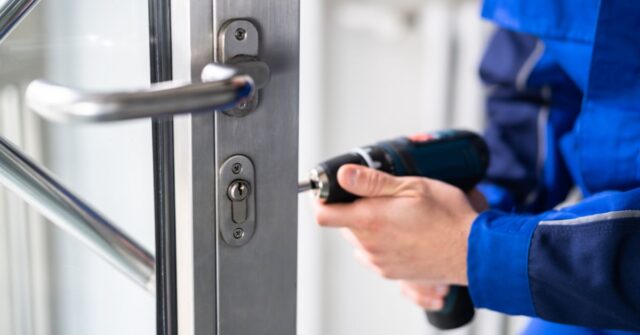
Difficulty Turning Key
If you have trouble turning the key in the lock, ensure that the key is not worn or damaged. Lubricate the lock and try again. If the problem continues, consult a locksmith to identify and fix the issue.
Loose Door Handles or Knobs
Loose door handles or knobs can make it challenging to lock or unlock your door. Tighten any loose screws and ensure that all components are correctly aligned.
Door Not Latching Properly
If your door is not latching correctly, check the alignment of the latch and strike plate. Adjust them as needed to ensure a secure fit.
You may also need to tighten or replace worn hinges to maintain proper door alignment.
Upgrading and Replacing Locks
Replacing or upgrading your door locks can enhance the security of your property and ensure smooth operation. Follow these guidelines when considering a lock replacement or upgrade.
When to Consider Replacing Your Locks
Replace your locks if they show signs of significant wear, become difficult to operate, or are outdated in terms of security features.
You should also consider changing your locks if you’ve recently moved into a new home or experienced a break-in.
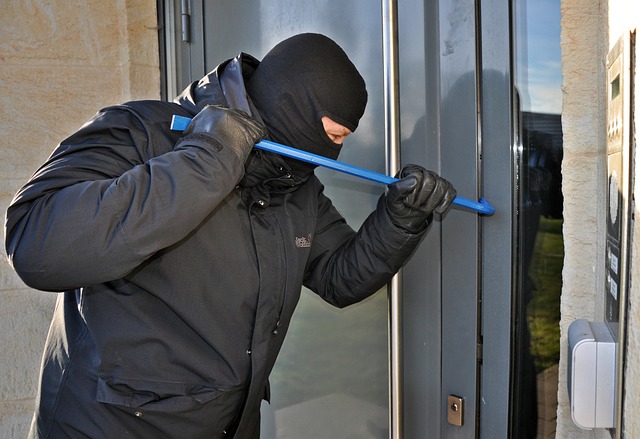
Choosing the Right Lock for Your Needs
Select a lock that meets your security requirements and is compatible with your door type. Consider factors such as ease of use, durability, and aesthetic appeal when making your decision.
Proper Installation Techniques
Proper installation is critical for the effective functioning of your lock. Follow the manufacturer’s instructions or hire a professional locksmith to ensure accurate installation and optimal performance.
Key Maintenance and Management
Proper key maintenance and management are essential for the smooth operation of your door locks. Keep these tips in mind to avoid lock and key issues.
Inspecting and Replacing Worn Keys
Examine your keys regularly for signs of wear, such as bent or worn-down edges. Replace any damaged keys to prevent lockouts or issues with your lock.
Keeping Duplicate Keys
Always get a spare set of keys cut and keep them in a safe location, such as with a trusted neighbour or family member. This can help prevent lockouts and provide a backup in case of lost or damaged keys.
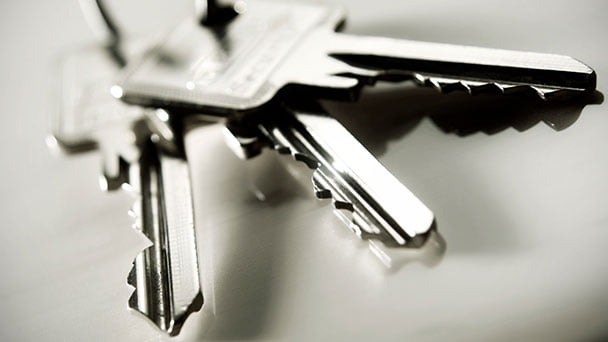
Key Storage and Organization
Store your keys in a designated location to prevent misplacement. Use key organizers or labels to keep track of different keys and their corresponding locks.
This helps prevent confusion and ensures that you always have the right key for the right lock.
Enhancing Door Lock Security
Enhancing the security of your door locks can provide added protection for your property and peace of mind. Consider implementing these additional measures to improve your lock security.
Additional Security Measures
Install additional security devices such as deadbolts, security bars, or door reinforcement plates to strengthen your door and make it more resistant to forced entry.
Smart Lock Features and Benefits
Consider upgrading to a smart lock for enhanced security features, such as remote access control, tamper alerts, and integration with home automation systems.
Regularly Updating Security Codes and Passwords
Regularly update your access codes and passwords for electronic or smart locks to reduce the risk of unauthorized access. Use strong, unique codes and avoid sharing them with too many people.
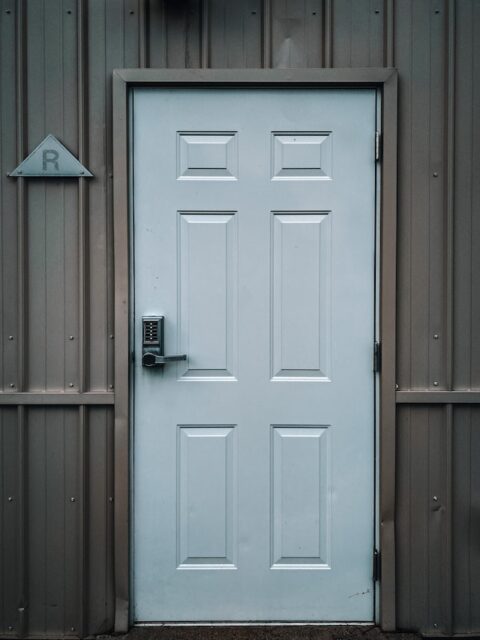
Professional Locksmith Services
Professional locksmiths can provide valuable assistance in maintaining, repairing, and upgrading your door locks. Here’s when and how to seek their services.
When to Call a Locksmith
Contact a locksmith if you encounter issues with your lock that you can’t resolve on your own, require lock installation or rekeying services, or need expert advice on lock security and maintenance.
Finding a Reputable Locksmith
Look for a reputable locksmith by checking online reviews, asking for recommendations from friends or family, and verifying their license and insurance information.
Locksmith Services and Pricing
Locksmith services may vary in terms of scope and pricing. Request a quote before hiring a locksmith to avoid surprises and ensure that the cost is within your budget.
Conclusion
Maintaining your door locks is a crucial aspect of ensuring your property’s security and achieving peace of mind.
By understanding the different types of locks, regularly inspecting and cleaning them, addressing common issues, and seeking professional assistance when necessary, you can keep your locks functioning optimally for years to come.
Don’t forget the importance of key management and upgrading your locks when needed. Implement these tips and enjoy the benefits of well-maintained, secure door locks.

